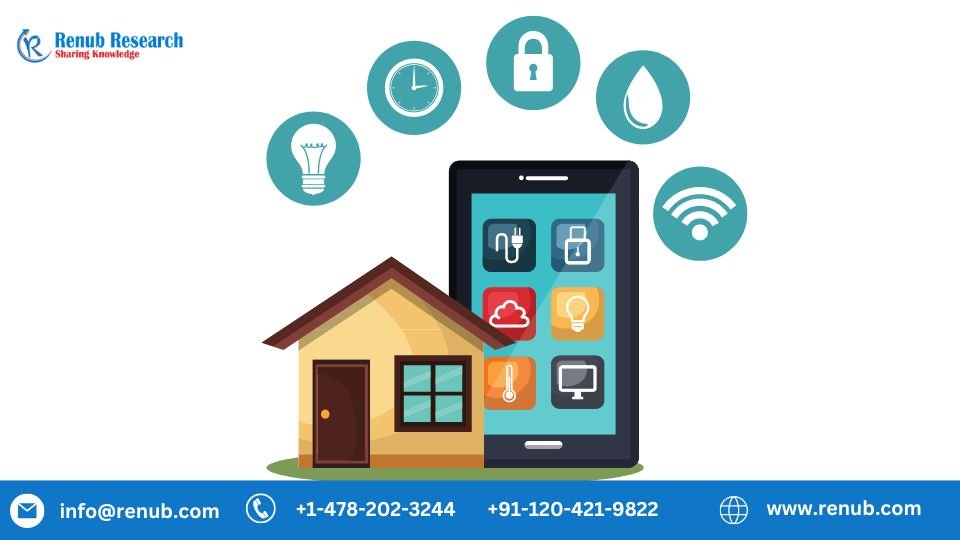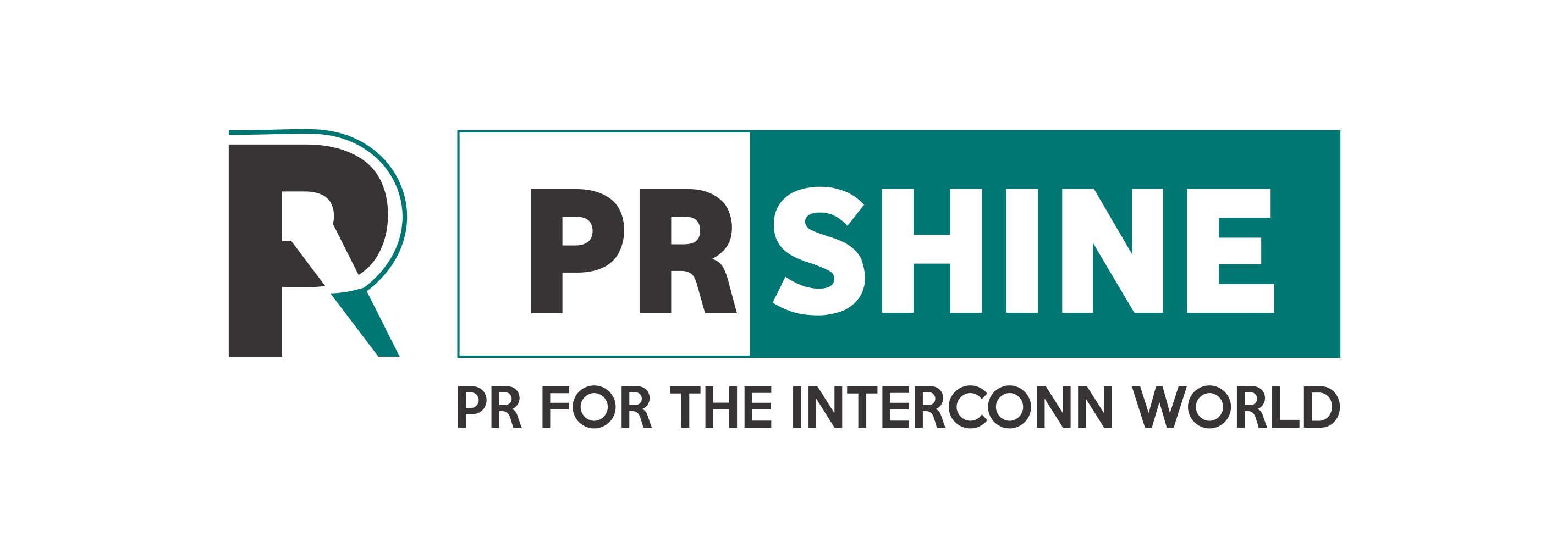Japan Smart Home Market shall experience a CAGR of nearly 18.72% from 2022 to 2028
Japan Smart Home Market, Size, Forecast 2023-2028, Industry Trends, Growth, Impact of Inflation, Opportunity Company Analysis

Renub Research has recently published a report titled "Japan Smart Home Market, Size, Forecast 2023-2028, Industry Trends, Growth, Impact of Inflation, Opportunity Company Analysis" providing a comprehensive analysis of the industry that includes market share insights. In addition, the report comprises competitor and regional research and contemporary extension in the Japan Smart Home Market. Japan Smart Home Market will be around US$ 17.89 Billion in 2028. Japan has experienced a technological boom in recent decades, with advancements in various fields such as robotics, transportation, healthcare, and consumer electronics driven by a combination of factors, including the country's highly educated workforce, intense research and development capabilities, and a culture that values innovation and technological progress.
Japan has widely adopted smart technology, including smart home systems, appliances, wearables, and transportation systems, due to its advanced technological advancements and aging population, which has increased the demand for smart devices to assist with daily tasks. In addition, the government's support and initiatives promoting the adoption of IoT and smart technology have also played a significant role in Japan's widespread use of smart technology.
The future of smart home technology in Japan looks promising, with pursued growth and innovation in the Japan Smart Home industry. In addition, evolution in artificial intelligence and machine learning shall enhance the capabilities of smart home systems, making them more intuitive and efficient. Furthermore, integrating smart home technology with renewable energy will likely increase, promoting sustainable living.
Smart Appliances in the Japan Smart Home Market are growing due to the demand for Convenience and Time-Saving Devices
Smart appliances' remote control and real-time feedback features have been the main drivers for their adoption. As a result, users can manage household tasks easily through smartphones or voice commands. In addition, smart appliances are energy-efficient, leading to lower utility bills. They also have sensors and algorithms that optimize their performance, resulting in better outcomes. Moreover, smart devices can detect potential hazards like gas leaks or fires and shut them off automatically, preventing accidents.
Smart Speakers and Interactive Security Systems hold a significant share of the Japan Smart Home Market
Smart speakers dominate the Japan smart home market as they serve as a central hub for managing smart home devices, offering a seamless user experience. Voice assistants like Amazon's Alexa and Google Assistant have made smart speakers convenient and intuitive. The Japanese market values high-quality sound, leading to the dominance of brands such as Amazon, Google, and Sony. The COVID-19 pandemic increased the demand for home entertainment and virtual assistants, driving further adoption of smart speakers in Japan.
The reason for the growing popularity of interactive security systems in the Japan smart home market is the rising concerns regarding home security, with consumers seeking advanced and dependable solutions to safeguard their homes. Interactive security systems offer real-time monitoring, alerting homeowners about potential threats and enabling remote control and monitoring from anywhere. Furthermore, the availability of customizable features and ease of installation and use has also contributed to their popularity in the Japan Smart Home Market. In addition, compatibility with other smart home devices has made interactive security systems a preferred choice in Japan, allowing seamless integration and management of all smart devices through a central hub.












